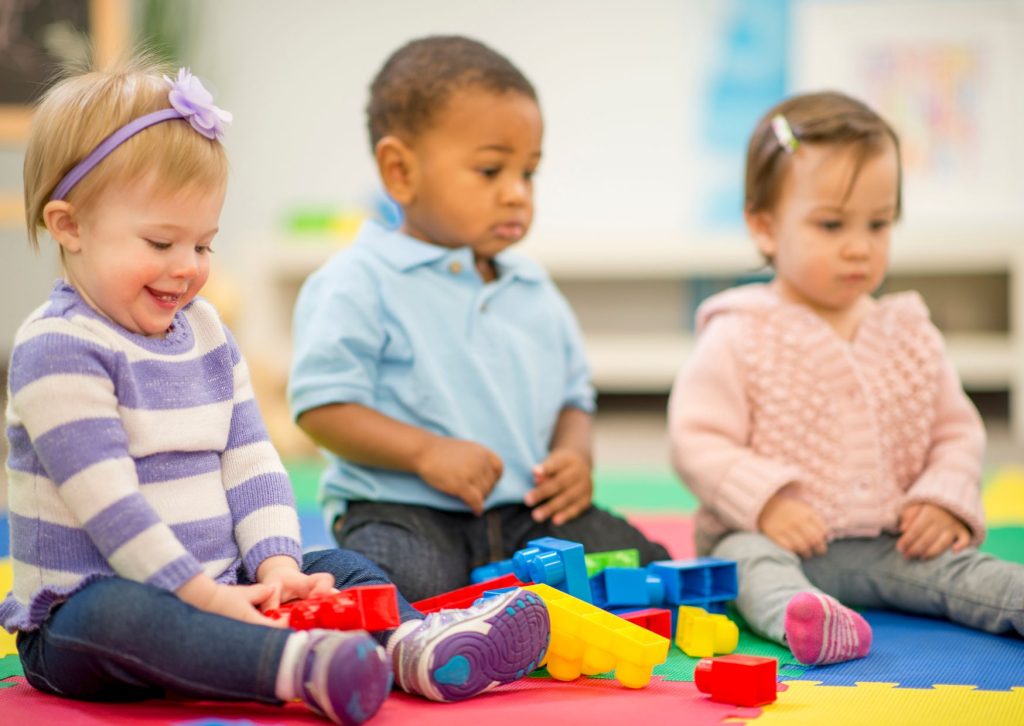Finland’s approach to early childhood education (ECE) is recognized globally for its focus on child-centered learning, play, and well-being. With a strong emphasis on equality and development, the Finnish model prepares children for lifelong learning in a supportive environment. For those preparing for the Finnish citizenship test, understanding the principles of early childhood education in Finland provides insight into Finnish values and the country’s commitment to nurturing the potential of every child.
Core Principles of Finnish Early Childhood Education
The Finnish ECE system is founded on several key principles that set it apart from more academically intensive models:
- Play-Based Learning: In Finland, young children learn primarily through play. Rather than focusing on formal academics, ECE encourages activities that develop creativity, social skills, and problem-solving abilities. Through free play and structured activities, children explore their interests, developing skills naturally in a fun, engaging way.
- Focus on Well-Being: Well-being is a cornerstone of Finland’s ECE approach. Early childhood education centers and preschools emphasize creating a warm, safe, and inclusive environment that prioritizes children’s emotional health. Educators foster trust, self-esteem, and resilience, supporting children’s overall growth.
- Individualized Learning: Recognizing that each child develops at their own pace, Finland’s ECE system allows educators to adapt activities to meet the needs of each child. This flexibility helps nurture children’s strengths and provides additional support where needed, ensuring every child receives personalized attention.
- Equality and Accessibility: Early childhood education in Finland is accessible to all children, regardless of background. Publicly funded ECE ensures that families across Finland have access to affordable, high-quality education. This commitment to equality reinforces Finland’s dedication to social inclusion from an early age.
Structure of Early Childhood Education in Finland
In Finland, early childhood education encompasses several stages, from daycare (päiväkoti) to preschool (esiopetus), which begins at age six. Daycare centers are available for children as young as one year old and offer a combination of free play, structured activities, and outdoor exploration. Finnish law mandates that children must receive at least one year of preschool before starting primary school, which begins at age seven.
Preschools in Finland prepare children for school by building foundational skills such as socialization, self-care, and language development, while still maintaining a play-based approach. Educators act as facilitators, guiding children’s curiosity and fostering positive attitudes toward learning.
Benefits of the Finnish Early Childhood Education Model
The benefits of Finland’s approach to early childhood education are widely recognized and have contributed to the country’s reputation for educational success. Some key benefits include:
- Enhanced Social Skills: Finnish ECE promotes collaboration, empathy, and conflict resolution through group activities and play. Children develop interpersonal skills that help them interact positively with peers, forming a strong foundation for social relationships.
- Holistic Development: By focusing on emotional, social, and cognitive development, Finnish ECE ensures that children grow holistically. The play-based model encourages creativity and problem-solving, equipping children with essential skills for future learning.
- Preparedness for School: Finnish children enter primary school at age seven with strong foundational skills in language, motor development, and social interaction. Research shows that delaying formal academics until age seven leads to higher motivation and better learning outcomes in later years.
- Encouragement of Lifelong Learning: Finland’s approach instills a love of learning from a young age. By allowing children to follow their curiosity and explore their interests, Finnish ECE fosters intrinsic motivation, which positively impacts academic success and personal growth.
The Role of Educators in Finnish ECE
Finnish early childhood educators are highly trained and respected, with most holding at least a bachelor’s degree in education or a related field. Educators are trusted to make decisions about curriculum and activities, allowing them to tailor their teaching methods to the needs of their students. This autonomy creates a collaborative, positive environment that encourages children to learn through play and exploration.
Educators also focus on observing each child’s development and engaging in continuous dialogue with parents. Regular meetings ensure that families are actively involved in their child’s progress, creating a strong support system for the child’s learning journey.
Finnish ECE’s Global Influence
The success of Finland’s early childhood education model has gained international attention, inspiring educational reforms in countries around the world. Finnish ECE emphasizes that a relaxed, child-centered approach can yield strong educational outcomes without pressuring children to meet academic benchmarks at an early age. By prioritizing well-being, creativity, and individual development, Finland has set a standard for early childhood education that continues to influence other nations.
ECE in Finnish Culture and Identity
For Finns, early childhood education reflects core national values such as equality, inclusion, and respect for individuality. ECE embodies Finland’s commitment to supporting every child’s growth and potential, regardless of their background. For those studying for the Finnish citizenship test, understanding ECE offers insight into Finland’s education philosophy and its broader societal values.


